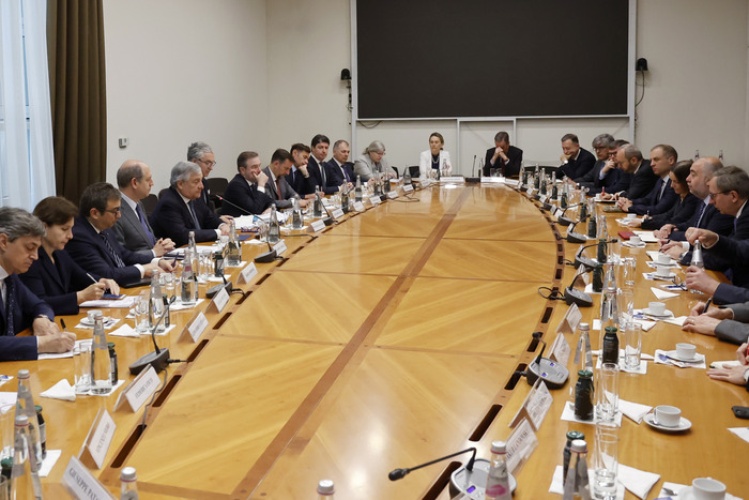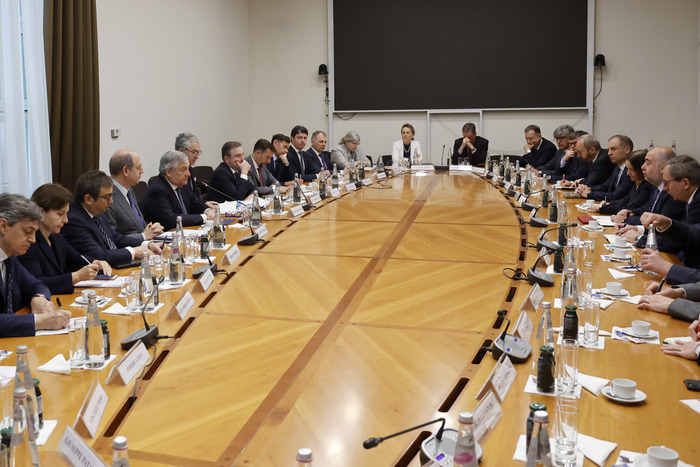Addressing a joint session of the parliamentary Foreign Affairs and Defence Committees during an examination of deliberations on missions abroad, he said the nation’s armed forces will continue their participation in initiatives on the eastern flank put in place by NATO.
“… here the commitment is significant and foresees an overall maximum of about 3400 personnel by 2023, which in terms of assets translates into about 600 land vehicles and materials, five naval units and about 30 air assets,” he said.
Italy is also to train Ukrainian recruits in schools and military installations in Italy as well as taking part in EU-Ukraine training programs in Brussels, Poland and Germany, Crosetto said.
For the time being, Italian defence authorities have considered taking part in the European initiative to train Ukrainian soldiers “with staff personnel to be sent to commands in Brussels, Poland and Germany, as well as offering specialised training modules to be carried out, however, at schools and military installations on our national territory”, Crosetto told the joint session.
He also said Italy needs to give itself a legislative tool allowing for the rapid deployment of Italian missions in the event of crises abroad.
In addition to the missions decree drawn up by the defence general staff last November, Crosetto claimed Italy needed “broader tools allowing us to intervene quickly when unpredictable situations open up”.
“We need a legislative tool for rapid intervention, alongside our existing tools, to intervene in crises that are in danger of opening up more often and more quickly in unthinkable places,” he said.
The defence minister ruled out an Italian mission in Sudan for the time being.
For 2023,’ he explained, “the deployment in the Baltic Sea of a naval unit with air and missile defence capabilities is also planned, as a contribution to strengthening Polish air space and the Euro-Atlantic area”.
The civil war in Sudan, he said, however, is affecting Italy by destablising neighbouring countries and boosting migrant flows, among other things.
“A civil war in Sudan would risk having negative effects on Egypt and Libya by destabilising nations deeply affected by the Ukraine crisis.
“For example, Egypt has been hit by the wheat shortage and the rising cost of energy.
“If I add to that a migratory problem, and if this is also happening in Libya, the sum of the two things – considering what is happening in Tunisia - means a further worsening of their internal situation, their stability and what can happen to us too.”
ANSA











